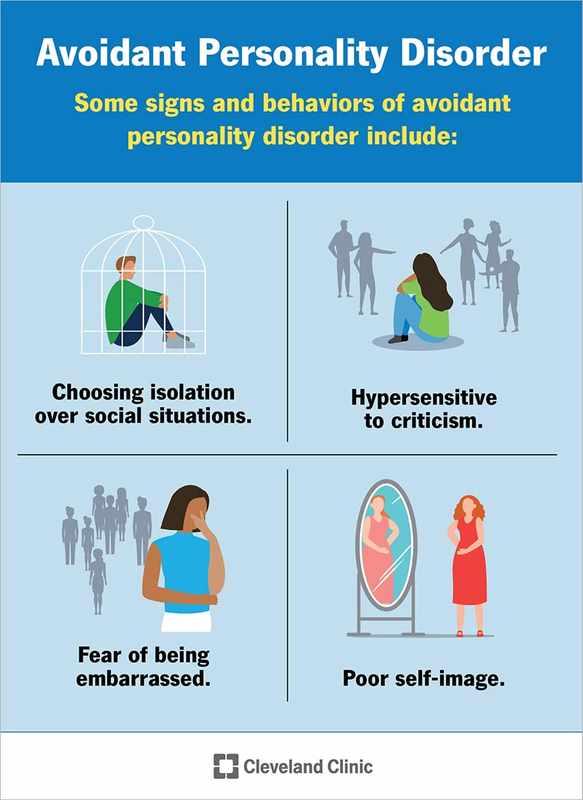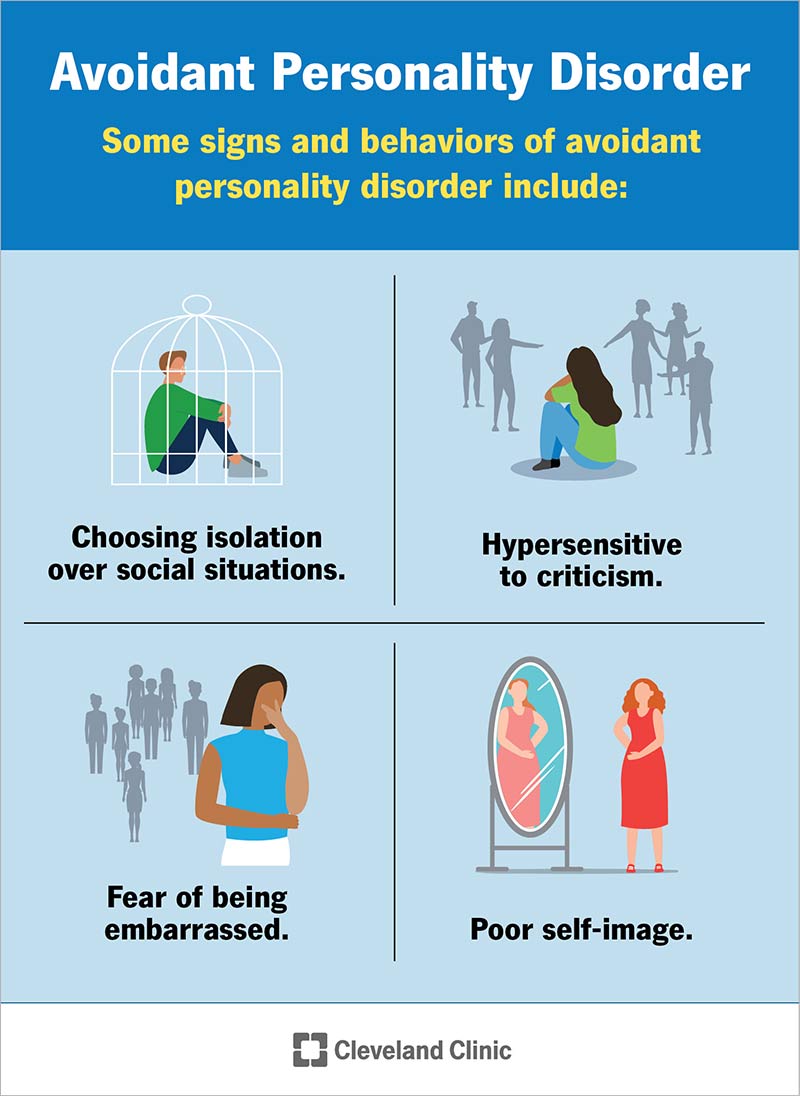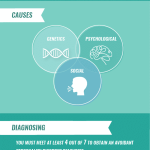The words “social anxiety” often evoke feelings of empathy and understanding, but what about when that social unease is a symptom of something more? What if the inability to connect with others, the fear of rejection, or the need for control wasn’t just a passing phase, but an underlying pattern of behavior that shapes one’s entire life?
Introducing Avoidant Personality Disorder
Avoidant Personality Disorder (APD) is a complex and often misunderstood condition that affects millions of people worldwide. It’s characterized by a pervasive pattern of social avoidance, fear of social rejection, and extreme sensitivity to criticism or negative evaluation.
The Importance of Accurate Diagnosis and Treatment
While APD may not receive the same level of attention as other mental health conditions, it’s essential to recognize its impact on individuals and their loved ones. Without proper treatment, APD can lead to isolation, depression, anxiety disorders, and even substance abuse. By shedding light on this condition and providing guidelines for effective treatment, we aim to empower healthcare professionals and individuals affected by APD to take the first step towards healing.
Key Insights: Understanding Avoidant Personality Disorder
In the next section, we’ll delve deeper into the core characteristics of APD and explore key findings from research on the condition. You’ll learn how to identify APD in yourself or others and what factors contribute to its development.

To effectively treat Avoidant Personality Disorder (APD), it’s crucial to understand its core characteristics and the underlying factors that contribute to its development. APD is characterized by a pervasive pattern of social avoidance, fear of social rejection, and extreme sensitivity to criticism or negative evaluation.
The Core Characteristics of APD
Individuals with APD often exhibit a range of behaviors, including:
- Avoidance of social interactions: People with APD may avoid social situations altogether, fearing rejection or criticism.
- Fear of rejection: They may believe that others will reject them or criticize their opinions, leading to feelings of inadequacy.
- Sensitivity to criticism: Even constructive feedback can be perceived as a personal attack, causing individuals with APD to become defensive and withdrawn.
- Extreme self-consciousness: APD individuals often feel like they’re being scrutinized or judged by others, leading to feelings of embarrassment and shame.
In addition to these core characteristics, research suggests that APD is often linked to:
- Childhood trauma or neglect: Traumatic experiences during childhood can contribute to the development of APD in adulthood.
- Social learning theory: Individuals with APD may learn and model avoidance behaviors through observation and imitation.
To develop effective treatment strategies for APD, it’s essential to consider these underlying factors and address them directly. This can include:
- Cognitive-behavioral therapy (CBT): Helping individuals identify and challenge negative thought patterns and behaviors associated with APD.
- Exposure therapy: Gradually exposing individuals with APD to feared social situations or stimuli, under controlled conditions, to promote habituation and increased confidence.
By acknowledging the complexities of APD and incorporating these evidence-based approaches into treatment, healthcare professionals can provide more comprehensive support for individuals affected by this condition. For further information on APD diagnosis and treatment, we recommend exploring the resources provided by the National Institute of Mental Health (NIMH) here.
In our next section, we’ll explore the importance of accurate diagnosis and treatment in addressing the unique needs of individuals with APD.
Expert Consultation for Avoidant Personality Disorder Treatment
Get expert guidance and support in treating avoidant personality disorder. Our medical and health experts are here to help.
Start your consultationIn this final section, we’ll summarize the key points covered so far and provide some parting insights to help you better understand and treat individuals with Avoidant Personality Disorder (APD).
Summary of Key Points
We’ve explored the complexities of APD, a condition characterized by social avoidance, fear of rejection, and extreme sensitivity to criticism. We’ve also discussed the importance of accurate diagnosis and treatment, as well as the potential consequences of untreated APD.
Here’s a quick recap:
Final Insights and Conclusion
In conclusion, Avoidant Personality Disorder is a complex condition that requires a comprehensive approach to treatment. By understanding the underlying patterns of behavior and providing a supportive environment, healthcare professionals can help individuals with APD feel more comfortable opening up and sharing their experiences.
We hope this blog post has provided valuable insights and guidance for those working with or affected by APD. Remember, with the right treatment and support, it is possible to overcome the challenges associated with APD and live a fulfilling life.
Expertly handling 5e crossbows a hand crossbow experience: Get ready to unleash your inner archer! This article takes you on an adventure through the world of fantasy role-playing games, sharing expert tips and tricks for mastering the art of crossbow combat. From choosing the right equipment to mastering advanced techniques, this guide has everything you need to take your gaming experience to the next level!
1 urine protein understanding its significance: Ever wondered what’s behind those pesky urine test results? In this article, we’ll demystify the world of urinary protein and explore its importance in diagnosing underlying health issues. Whether you’re looking to better understand your body or simply want to stay ahead of the game when it comes to your health, this informative piece is a must-read!



